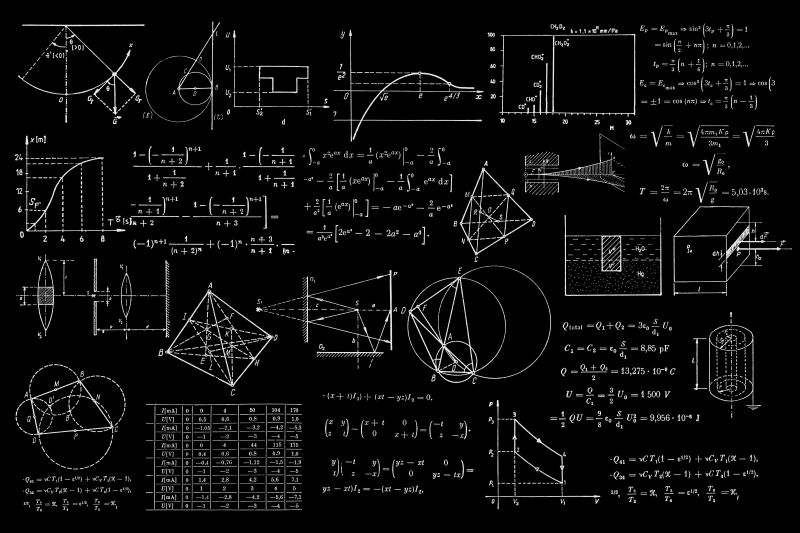IARPA announces the Geopolitical Forecasting Challenge to improve crowdsourced forecasts
 The Intelligence Advanced Research Projects Activity, within the Office of the Director of National Intelligence, announced on January 16 the upcoming launch of the Geopolitical Forecasting Challenge in February 2018, with pre-registration beginning now. Through this competition, IARPA will challenge contestants to develop innovative solutions and methods for integrating crowdsourced information into accurate, timely forecasts on worldwide issues. The challenge presents an opportunity for individuals and teams who are eligible to win prizes from a total prize purse of $200,000 for methods that successfully demonstrate a forecast of a wide variety of geopolitical events, such as political elections, disease outbreaks, and economic indicators.
The Intelligence Advanced Research Projects Activity, within the Office of the Director of National Intelligence, announced on January 16 the upcoming launch of the Geopolitical Forecasting Challenge in February 2018, with pre-registration beginning now. Through this competition, IARPA will challenge contestants to develop innovative solutions and methods for integrating crowdsourced information into accurate, timely forecasts on worldwide issues. The challenge presents an opportunity for individuals and teams who are eligible to win prizes from a total prize purse of $200,000 for methods that successfully demonstrate a forecast of a wide variety of geopolitical events, such as political elections, disease outbreaks, and economic indicators.
Over the course of seven months, contestants will be asked to produce forecasts to a series of questions, for example, “who will win the upcoming presidential election in Egypt?” or “what will the spot price of Brent Crude oil be on a particular date?” In order to answer these questions, solvers will be given access to a continuous updated stream of forecast judgments produced by a crowd of forecasters in addition to other data sources. Prizes will be awarded to solvers based on both how accurate their forecasts are and how much lead time they deliver.
IARPA has funded similar programs in the past such as the Aggregative Contingent Estimation and Open Source Indicators programs, which have already led to breakthroughs in forecasting, and continues to remain an area of focus for IARPA. The effort will run in parallel to IARPA’s most current geopolitical forecasting research program—Hybrid Forecasting Competition. Challenge solvers will be competing on the same forecasting questions as HFC research teams, and given access to the same human forecaster data stream.
“Accurate geopolitical forecasts are crucial to making informed, effective policy. IARPA is interested in identifying the most effective ways to integrate human judgement with other types of data,” says IARPA Program Manager Seth Goldstein. “Challenge solvers will have access to a state-of-the-art stream of data produced from a crowd of human forecasters. Datasets of this nature are not widely available, which provides a truly unique aspect to this challenge. We believe that by granting access to this data, solvers will be empowered to develop more diverse and exceptional forecasting methods than we’ve ever seen. We’re excited to see what they can come up with. This challenge is IARPA’s first attempt to gauge whether forecasting hobbyists can develop methods that are competitive with well-funded research teams.”
IARPA utilizes crowdsourcing challenges to invite the broader research community, including industry and academia to participate in supporting government efforts in a valuable, efficient and non-contractual way. This competition helps to stimulate breakthroughs in science and technology as well as government transparency and efficiency.
Find more information about the challenge, including pre-registration information by going to www.iarpa.gov/challenges/gfchallenge.html
Source: IARPA








